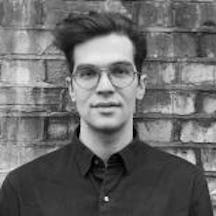Moving through the world, we are constantly engaging with our environment through our attention and emotions. Increasingly, as more people are living in built-up urban environments, we’re looking to natural spaces for their restorative properties.
Studies show that time spent in natural spaces can in fact create positive changes to our moods, helping to break cycles of ruminative thoughts.
As a psychiatrist, part of what I’m interested in is how environments impact on mental health. For some, going outside in the natural world holds the possibility of not having to think about themselves as unwell. It becomes a place where it is somehow easier to find rest from worries and concerns. These spaces are also important in that they provide cleaner air and opportunities for quiet. Natural visual scenes are also appealing for their richness and complexity. All these aspects come together to influence our mental health.
Understanding how this is possible is a wonderful and complicated question which asks us to consider how humans are related to the natural world. For the moment, scientific studies can offer no definitive answer. On the one hand, being in nature promotes behaviours that improve our mental health, like physical activity and socialising. At the same time, researchers now believe that nature has a direct restorative effect, replenishing the psychological resources – such as attention – which we use every day.
There is a growing interest from researchers all over the world in studying the therapeutic effects of nature. They are looking not only at how nature can support the wellbeing of populations but also considering how it can be helpful for individuals suffering with a variety of mental health difficulties such as depression and anxiety.
Although far from having all the answers, we are beginning to understand how much we humans depend on nature to support mental health. This progress adds to the intuition, celebrated by cultures all over the world, that we are, in fact, part of nature.
